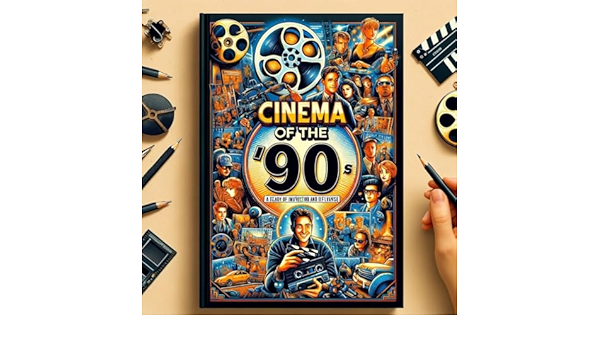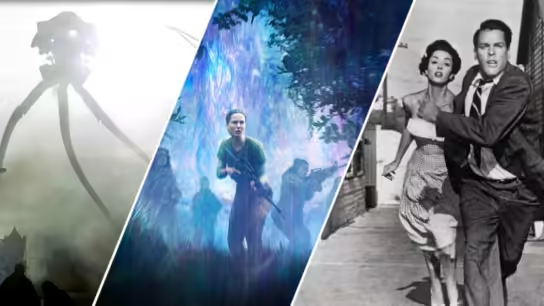The 1990s marked a pivotal era in cinema, characterized by a diverse array of films that continue to resonate with audiences today. From groundbreaking technological advancements to the rise of independent filmmaking, the decade laid the groundwork for many contemporary cinematic trends. Let’s delve into the world of 90s movies, exploring their cultural impact, iconic films, and lasting legacy.
Cultural Impact and Trends
The 90s witnessed a cultural shift in filmmaking, with directors exploring new genres and narratives that challenged traditional storytelling conventions. One notable trend was the resurgence of independent cinema, driven by filmmakers like Quentin Tarantino, Kevin Smith, and Richard Linklater. These directors introduced fresh perspectives and unconventional storytelling techniques, influencing a generation of filmmakers and audiences alike.
Moreover, advancements in technology, particularly in CGI (Computer-Generated Imagery), revolutionized special effects in films. Blockbusters like “Jurassic Park” (1993), directed by Steven Spielberg, showcased the power of CGI to bring dinosaurs to life, setting a new standard for visual effects in Hollywood.
Iconic Films of the Decade
The 90s produced a wealth of iconic films across various genres, each leaving an indelible mark on popular culture:
- Pulp Fiction (1994) – Directed by Quentin Tarantino, this neo-noir crime film redefined narrative structure with its non-linear storytelling and memorable dialogue.
- The Shawshank Redemption (1994) – Directed by Frank Darabont, this adaptation of Stephen King’s novella is celebrated for its poignant exploration of hope and friendship.
- Titanic (1997) – Directed by James Cameron, this epic romance became a global phenomenon, blending historical drama with groundbreaking visual effects.
- The Matrix (1999) – Directed by the Wachowskis, this sci-fi action film pushed the boundaries of filmmaking with its innovative use of bullet time and philosophical themes.
- Forrest Gump (1994) – Directed by Robert Zemeckis, this heartwarming drama follows the extraordinary life of Forrest Gump, played by Tom Hanks, against the backdrop of American history.
Genre Diversity and Innovation
The 90s also saw a resurgence of popular genres, each contributing to the decade’s cinematic landscape:
- Animation: Disney classics like “The Lion King” (1994) and Pixar’s “Toy Story” (1995) revolutionized animated filmmaking with their memorable characters and storytelling.
- Science Fiction: Besides “The Matrix,” films like “Terminator 2: Judgment Day” (1991) and “Independence Day” (1996) captivated audiences with their imaginative worlds and high-octane action.
- Comedy: From the irreverent humor of “Dumb and Dumber” (1994) to the satirical brilliance of “Groundhog Day” (1993), comedies in the 90s explored diverse themes while delivering laughs.
Enduring Legacy
The legacy of 90s movies continues to influence contemporary filmmaking and pop culture. Many of these films remain timeless classics, cherished by new generations of viewers for their storytelling prowess, memorable characters, and cultural impact. Moreover, the decade’s experimentation with narrative techniques and visual effects laid the groundwork for the cinematic innovations seen in modern cinema.
In conclusion, the 1990s was a transformative decade for cinema, marked by its diversity, innovation, and cultural significance. From the rise of independent filmmaking to technological advancements in CGI, 90s movies continue to captivate audiences with their enduring appeal and timeless storytelling.





